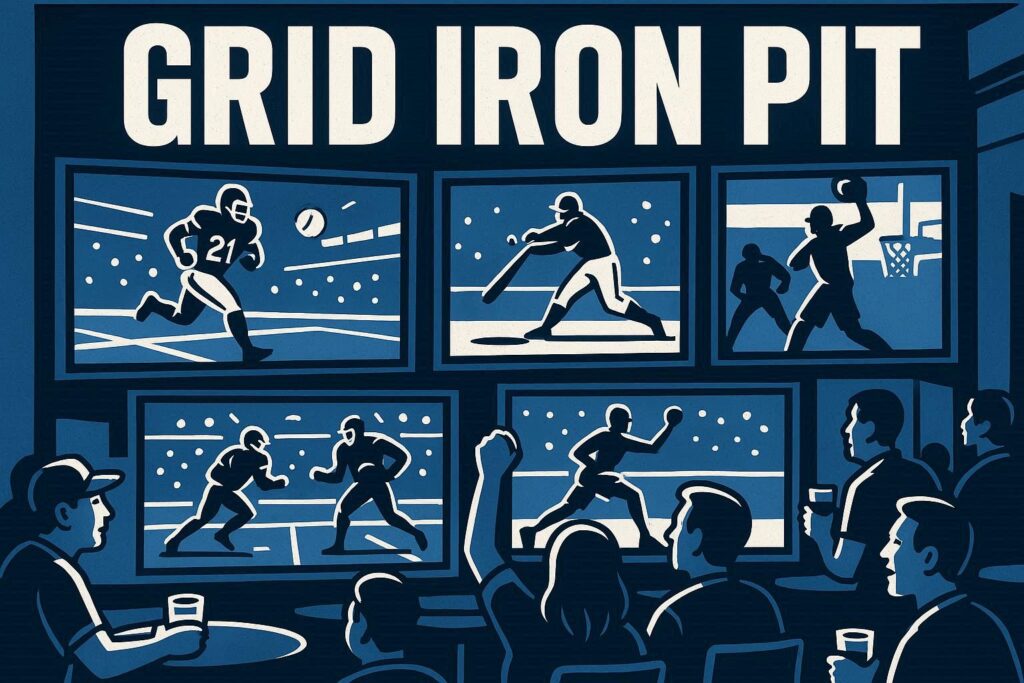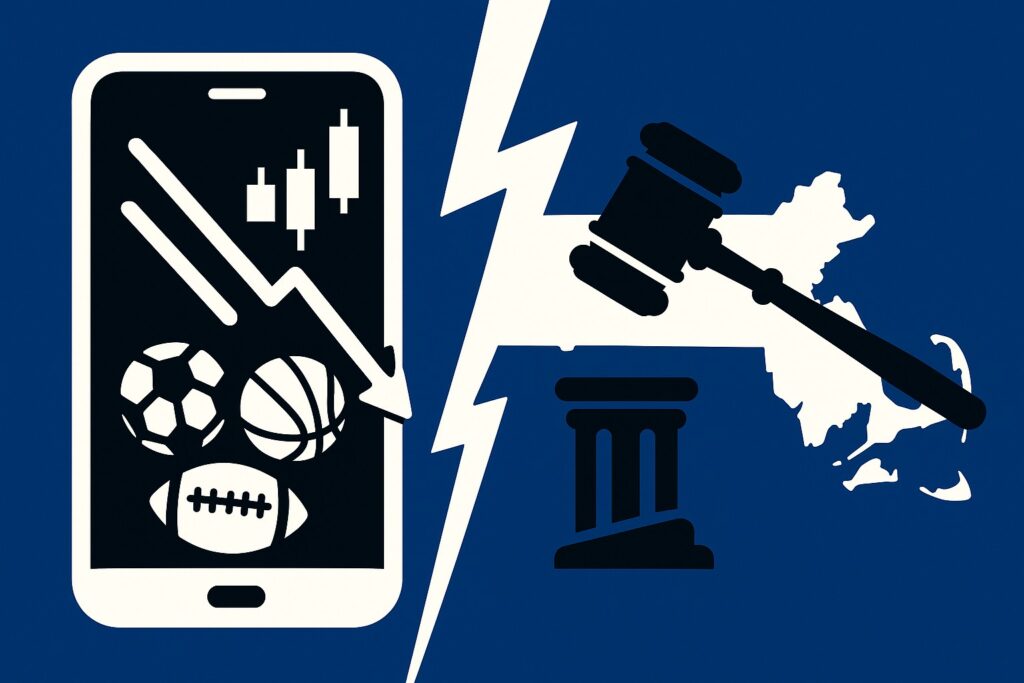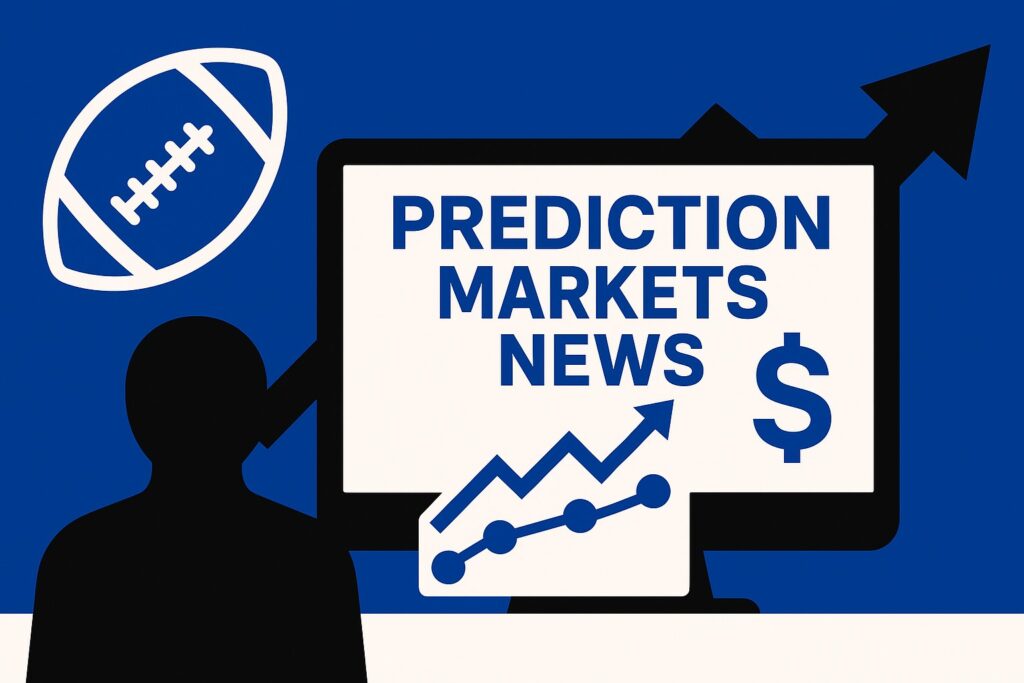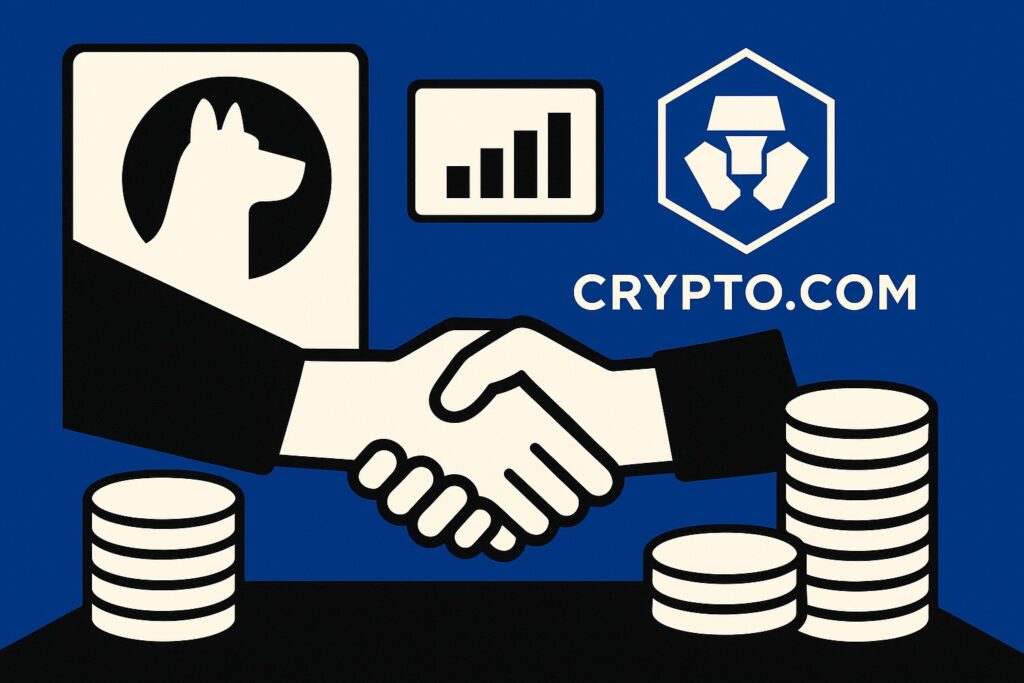Communications obtained from the Illinois Gaming Board via a Freedom of Information Act (FOIA) request indicate Illinois has agreed to temporarily hold off enforcement actions against Kalshi, the federally regulated prediction market operator. This agreement comes as Kalshi faces regulatory scrutiny from multiple states, including Nevada and New Jersey.
According to the email sent by a Kalshi attorney, Illinois gaming regulators have agreed to preserve the status quo until at least April 30, pending a key status conference scheduled in federal court in Nevada. The email states explicitly that the Illinois authorities agreed “not to initiate any civil or criminal enforcement against Kalshi” until after that hearing.
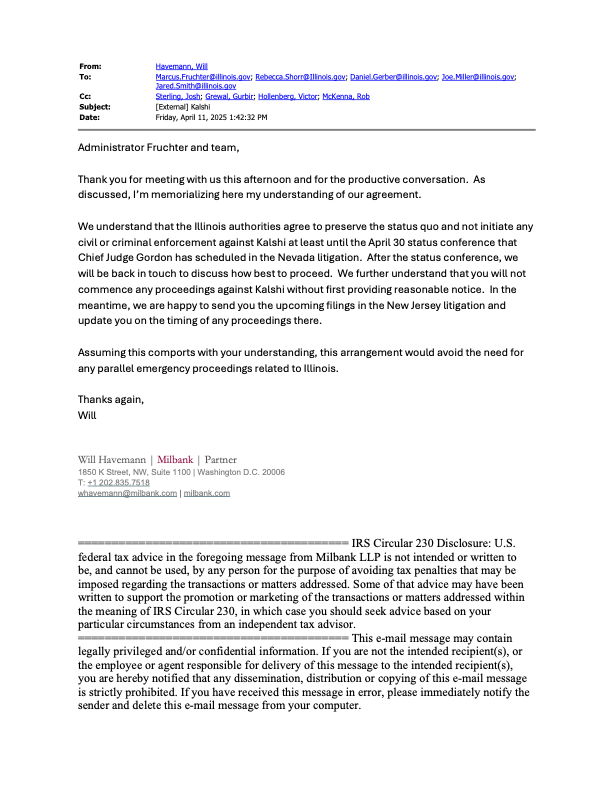
Why would Illinois agree to wait?
This move is notable because state gaming regulators typically act independently to enforce their laws, particularly regarding gaming activities or contracts they believe may violate state gambling statutes. Illinois’s decision suggests caution and signals a willingness to defer to ongoing federal court processes. There are several plausible reasons Illinois might choose this approach.
Awaiting clarity from federal courts
One key factor cited explicitly in the email is the desire to “avoid the need for any parallel emergency proceedings related to Illinois.” Illinois regulators likely recognize the complexity and cost of bringing immediate legal action against Kalshi. Illinois avoids potentially inconsistent outcomes between state and federal jurisdictions by pausing any enforcement.
Illinois regulators may be anticipating more explicit guidance from federal courts in Nevada or New Jersey, which currently have high-stakes litigation involving Kalshi. Nevada previously granted a preliminary injunction in Kalshi’s favor, temporarily blocking state enforcement.
Meanwhile, New Jersey’s court has also granted a preliminary injunction, finding that Kalshi had a reasonable likelihood of success, arguing that its sports contracts qualify as “swaps” under federal commodities law, subject to exclusive CFTC jurisdiction. Rather than acting prematurely, Illinois regulators may prefer to see how these pivotal federal questions resolve before setting their enforcement strategy.
The Illinois Gaming Board may be wary of initiating enforcement prematurely and risking a lawsuit it could ultimately lose if Kalshi prevails federally in Nevada. It appears Illinois regulators are hedging their regulatory bets. A pause allows the state to align its actions with the outcomes of other court decisions, potentially avoiding costly litigation with uncertain outcomes.
It is worth noting that, as reported by Dustin Gouker of Event Horizion, Kalshi attorneys made a similar request for preservation of the status quo to Maryland regulators. This request appeared to go unheeded, and Kalshi later filed suit against Maryland. Illinois may have, at least for now, avoided similar litigation by agreeing to pause enforcement.
Broader regulatory dynamics
The Illinois decision shows how state regulators face similar hurdles in cases involving federal preemption claims. Kalshi’s litigation against Nevada and New Jersey has placed state regulators in a challenging position: aggressively enforcing state law may appear warranted. However, rushing into litigation could result in legal embarrassment or costly court battles if Kalshi’s federal jurisdiction claims succeed.
This cautious approach signaled clearly in Illinois’s decision, might encourage other states to follow suit, at least temporarily, waiting until the Nevada and New Jersey cases provide clearer precedent.
Next steps and impact on Kalshi
Illinois’s decision to temporarily hold off enforcement gives Kalshi some breathing room. Perhaps the state hoped the status conference in Nevada would shed more light on the strength of Kalshi’s federal preemption argument. Meanwhile, the ongoing litigation in New Jersey—especially the question of whether Kalshi’s sports contracts meet the definition of swaps—could provide additional clarity on the regulatory landscape.
If Kalshi wins these federal cases, states like Illinois might reconsider whether they want or need to pursue enforcement actions. If Kalshi doesn’t succeed in either case, Illinois might reconsider and start enforcement proceedings, following the lead of other states that have already opposed Kalshi’s contracts.
No matter how this plays out, Illinois’s current position shows that state gaming regulators are moving carefully as they deal with the tricky overlap between federal commodity laws and state gambling rules.
The Illinois Gaming Board declined to provide further comment on this enforcement pause.


